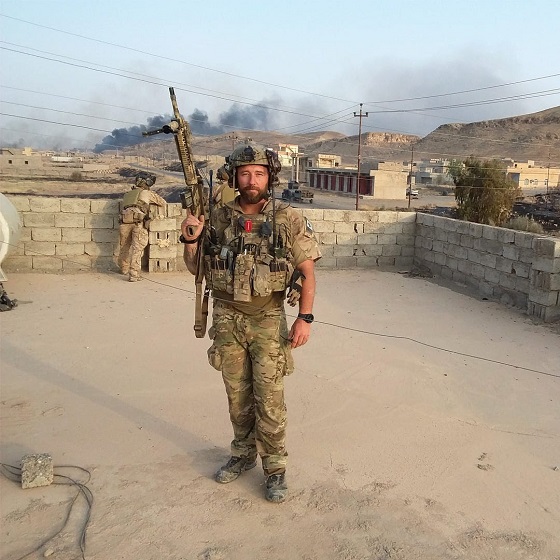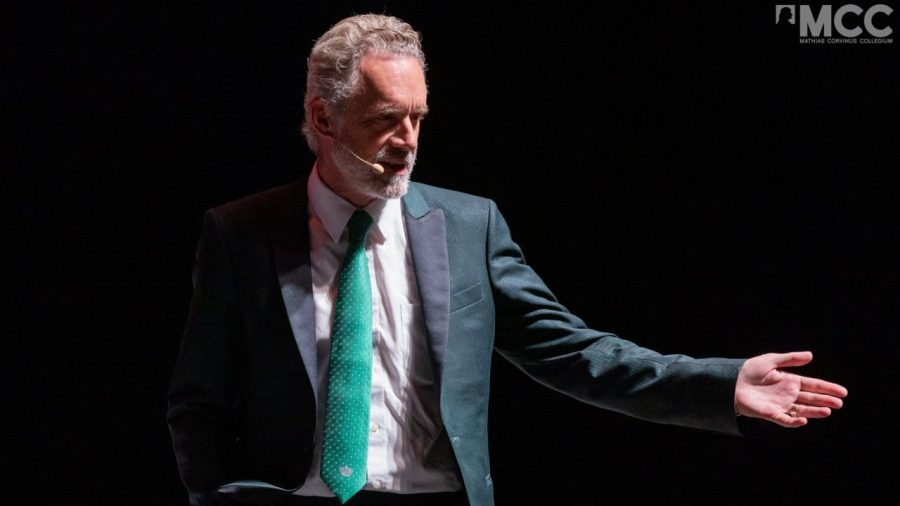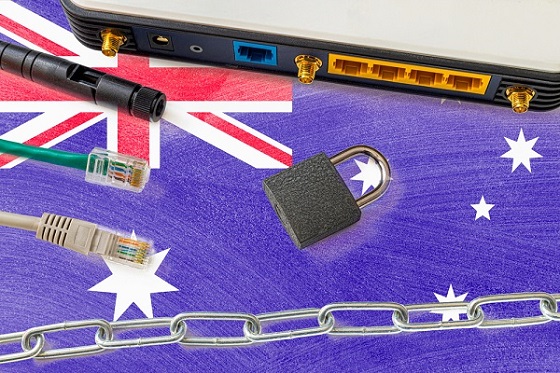MAiD
New report shows people are seeking euthanasia because they’re ‘isolated,’ afraid of being homeless
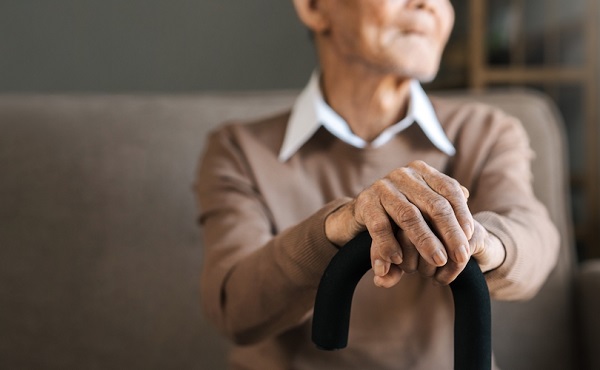
From LifeSiteNews
By Susan Ciancio, American Life League
According to Ontario’s chief coroner, ‘people asking to be killed’ through euthanasia ‘were more likely to require disability support and be socially isolated,’ and one woman in her 50s ‘asked to die largely because she could not get proper housing.’
Those of us who value the life of all human beings understand the dangers of assisted suicide, or “medical assistance in dying,” as it is euphemistically called in Canada. But now, others have begun to see the horrors of Canada’s laws. A recent article in the Frederick News-Post begins, “An expert committee reviewing euthanasia deaths in Canada’s most populous province has identified several cases where patients asked to be killed in part for social reasons such as isolation and fears of homelessness.”
The article examines reports issued by Ontario’s chief coroner, who reviewed the euthanasia deaths of those who did not have an allegedly terminal illness. It explains that “Canada’s legal criteria require a [purported] medical reason for euthanasia—a fatal diagnosis or unmanageable pain—but the committee’s reports show cases where people were euthanized based on other factors including an ‘unmet social need.’”
A doctor on this expert committee said she feels vindicated that people are seeing the horrors of what Canada’s laws are doing to people. She stated, “We’ve been gaslit for so many years when we raised fears about people getting MAiD because they were poor, disabled or socially isolated.”
Two such cases were discussed in the article. One was a man in his 40s who suffered with a bowel disease and who had a history of both mental illness and substance abuse. The report described him as “socially vulnerable and isolated.”
The second was a woman in her 50s who was “suffering from multiple chemical sensitivity syndrome” and who had a history of PTSD and mental illness. The report states that “she was socially isolated and asked to die largely because she could not get proper housing.”
This report emphasizes what those of us in the pro-life field have been saying for years. Euthanasia is a slippery slope. For example, when a country or a state allows a sick or dying person to end his life prematurely, we open the door for ambiguity of the word “sick.”
Indeed, what is most disturbing about the findings of this report is that the Ontario coroner found that the “people asking to be killed were more likely to require disability support and be socially isolated.”
What does that say about us as a society when people would rather die because they feel they have no one to help take care of them?
Our society puts more emphasis on what a person can do than on who a person is. Human beings have become like commodities that we discard when they are no longer useful.
Caring for others should not be something we are forced to do. It should be something we lovingly do. That doesn’t mean it’s easy. In fact, it can be incredibly difficult to care for someone who is sick or dying. That’s why it should never be something done alone. It takes a team of caregivers – from family, to friends, to sometimes paid staff in facilities or those who make house calls.
For years, I have seen this loving care firsthand with my uncle, whose wife passed away last week after battling dementia. He cared for her at home until he was physically unable to do so. The disease made her combative, and for his health and her safety, he moved her into a care facility.
But unlike some facilities that have staff who leave residents alone in their rooms or in chairs in large common rooms, those at this facility cared for her. My uncle visited her daily, and he always had glowing remarks about how kindly the staff treated her.
My uncle is a model of self-giving love that is increasingly uncommon in today’s world. He didn’t stop loving his wife when she became ill. He didn’t think she was better off dead. He didn’t find her to be a burden. On the contrary, he continued to love her because of who she was. The disease stole her memory, but it did not steal his love for her.
This is the epitome of loving care. This is what it means to be Christ’s hands on earth and to see people with His eyes.
Suffering is never easy, but walking with someone in their suffering is what we are called to do. My uncle did that beautifully, and he is a model to other struggling caregivers.
If everyone who was sick or suffering had people to lovingly care for and protect them, I daresay that the desire for assisted suicide would greatly diminish. After all, who would want to hasten death when they feel loved and cherished?
Susan Ciancio is a graduate of the University of Notre Dame and has worked as a writer and editor for over 20 years; 15 of those years have been in the pro-life sector. Currently, she is the editor of American Life League’s Celebrate Life Magazine—the nation’s premier Catholic pro-life magazine. She is also the director and executive editor of ALL’s Culture of Life Studies Program—a pre-K-12 Catholic pro-life education organization.
International
Euthanasia advocates use deception to affect public’s perception of assisted suicide

From LifeSiteNews
Politicians claim that moral opposition to assisted suicide (or suicide in general) and euthanasia is religiously motivated and then make the leap to insisting that this means such opposition should be ignored.
Euthanasia activists are currently doing what they do best: the bait and switch.
As the debate heats up in the U.K., all of the familiar tactics are on display. First, of course, there is the relentless lying. Despite the case study of Canada, the Netherlands, and Belgium – and despite disability activists, judges, palliative physicians, and the secretaries of health and justice warning that no “safeguards” will hold – U.K. euthanasia activists are insisting that this time everything will be different.
The response to these critiques has been predictable but infuriating. Euthanasia activists insist that all of this is about religion – that those nasty Christians are, once again, seeking to impose their suffering-based theology on the country. (This despite the fact that even Ann Furedi, who heads up the U.K.’s second largest abortion provider, opposes the proposed assisted suicide law.) One good microcosmic example of this tactic comes from UK writer Julie Street, who posted to X (formerly Twitter):
Just walked out of Mass bloody fuming – our priest used the homily to read a letter from the Catholic bishops telling people to oppose the Assisted Dying Bill then handed out cards with our local MP’s details on to lobby them. Religion has no place in politics or women’s rights.
There is much to say in response, of course. Why is Street so surprised to discover that her Catholic priest and bishops are, in fact, Catholic? Is she ignorant of the religion that she at least appears to practice? How airtight does one’s mind have to be not to see assisted suicide and euthanasia as religious issues? Indeed, “euthanasia” is Greek for “good death” – the theological premises are baked right into the term. Or does Street think that religious people should shut their mouths in the political arena and voluntarily disenfranchise themselves as the fates of the weak are decided?
Is Street also ignorant of the fact that it was largely due to the Catholic Church’s public opposition that Adolf Hitler moved the Nazi’s euthanasia operation underground? (We now know, of course, that the Nazis only claimed to have disbanded the T-4 program.) I thought progressives wanted a Church that stood up for the weak, vulnerable, and dispossessed – and who qualifies more than the sick, elderly, and those with disabilities? Christians are accused of not being loving enough, and then rebuked when they stand up for the victims the political class deems expendable – first the unborn, now those on the other end of life’s spectrum.
But there’s more to this tactic than grating ignorance. Progressives like to play both sides of the fence. Take abortion, for example. Politicians like to claim that it is a religious issue, and that thus they cannot legislate against it due to the fact that we live in pluralistic societies. Many religious leaders are quite happy to follow this logic, claiming that since abortion is a political issue, it cannot be discussed in church. And all the while, the countless corpses of the aborted unborn pile up in the No Man’s Land between.
The assisted suicide debate is unfolding along similar lines. Politicians claim that moral opposition to assisted suicide (or suicide in general) and euthanasia is religiously motivated and then make the leap to insisting that this means such opposition should be ignored. Meanwhile, because politicians are debating the issue, folks like Street can claim that because this is now a political issue, priests and pastors should keep their traps shut. See what they did there? It’s a neat trick, and despite how farcical and illogical it is, it seems to work with maddening regularity.
In fact, the priest Julie Street had the good fortune to hear was standing in the tradition of the clergy who stood up against Adolf Hitler and his eugenicist gang – and fighting the same evil being advanced under many of the same premises, to boot. She should be grateful. If she can’t manage that, she should at least be better educated.
MAiD
Over 40% of people euthanized in Ontario lived in poorest parts of the province: government data

From LifeSiteNews
Statistics from the Ontario Coroner’s Medical Assistance in Dying Death Review Committee show that citizens living in the poorest areas of the province are significantly overrepresented in euthanasia death figures.
Statistics from the Ontario Coroner’s Medical Assistance in Dying (MAiD) Death Review Committee show that citizens living in impoverished areas are killed by euthanasia at a disproportionate rate.
According to the report, over 40 percent of those euthanized in Ontario live in the poorest parts of the province despite the fact that other reports say only 20 percent of the population lives in these regions, suggesting Ontario’s poorest are more likely to opt for euthanasia than the financially secure.
The report divides the cases into Track 1 euthanasia deaths (euthanasia given to those whose death is reasonably foreseeable) and Track 2 deaths (euthanasia given to those whose death is not reasonably foreseeable). 41% of Track 1 deaths and 48% of Track 2 deaths were of people living in Ontario’s poorest neighborhoods.
However, when accounting for “age and labour-force participation” as “measures of disadvantage,” the Death Review Committee report found that 57% of Track 2 requests came from the poorest in society, while 42% of Track 1 requests were from the same sector.
Interestingly, or perhaps alarmingly, this statistic is not found in other counties, as data from the Netherlands and Oregon found “death under the (Oregon Death with Dignity Act) was associated with having health insurance and with high educational status, both indirect indicators of affluence.”
A culture of death and eugenics
However, in Canada, poverty has become a driving factor among those who end their lives via MAiD. Indeed, the Death Review Committee report is only the latest document to confirm the growing number of Canadians choosing to end their lives, at least in part, because they are poor.
First introduced in 2016, MAiD was initially only available to those who were terminally ill. However, in 2021, Prime Minister Justin Trudeau’s government expanded the deadly practice to be available to those who are not at risk of death but who suffer from chronic illness.
Now, Trudeau’s euthanasia regime has apparently created a culture of death and eugenics in Canada as poor or suffering Canadians increasingly feel that their lives are worthless, and they are a burden to society.
In one case, a Nova Scotia grandmother revealed that doctors repeatedly offered her euthanasia while she underwent cancer treatment, making her feel as though she was “better off dead.”
“I felt like a problem that needed to be [gotten] rid of instead of a patient in need of treatment,” she said. “I don’t want to be asked if I want to die.”
Similarly, in May, LifeSiteNews reported on a Canadian man who felt “completely traumatized” and violated that he was offered MAiD “multiple times” instead of getting the proper care he needed while in the hospital.
Additionally, last month, internal documents found that poverty and loneliness are two popular reasons Canadians are choosing euthanasia, which has left doctors feeling uneasy about the morality of the deadly practice.
Healthcare wait times have ballooned nationwide under the Trudeau government, with the average wait hitting an all-time high of 27.7 weeks.
While access to real care continues to be limited, Trudeau and his government have instead worked to expand MAiD thirteen-fold since it was legalized, making it the fastest growing euthanasia program in the world.
The most recent reports show that MAiD is the sixth highest cause of death in Canada. However, it was not listed as such in Statistics Canada’s top 10 leading causes of death from 2019 to 2022.
When asked why MAiD was left off the list, the agency said that it records the illnesses that led Canadians to choose to end their lives via euthanasia, not the actual cause of death, as the primary cause of death.
According to Health Canada, in 2022, 13,241 Canadians died by MAiD lethal injections. This accounts for 4.1 percent of all deaths in the country for that year, a 31.2 percent increase from 2021.
-

 Business1 day ago
Business1 day agoCarbon tax bureaucracy costs taxpayers $800 million
-

 Brownstone Institute1 day ago
Brownstone Institute1 day agoThe Most Devastating Report So Far
-

 ESG21 hours ago
ESG21 hours agoCan’t afford Rent? Groceries for your kids? Trudeau says suck it up and pay the tax!
-

 Daily Caller21 hours ago
Daily Caller21 hours agoLos Angeles Passes ‘Sanctuary City’ Ordinance In Wake Of Trump’s Deportation Plan
-

 John Stossel19 hours ago
John Stossel19 hours agoGreen Energy Needs Minerals, Yet America Blocks New Mines
-
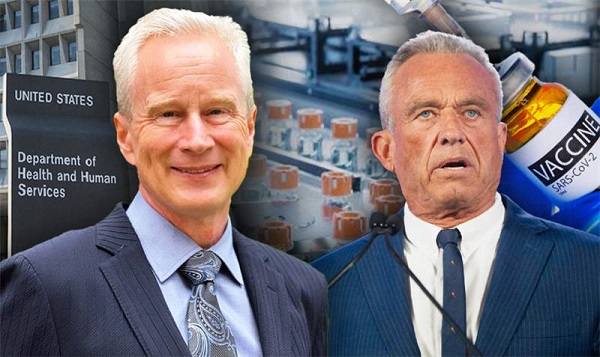
 COVID-191 day ago
COVID-191 day agoDr. McCullough praises RFK Jr., urges him to pull COVID shots from the market
-

 Business2 days ago
Business2 days agoOttawa’s avalanche of spending hasn’t helped First Nations
-

 MAiD1 day ago
MAiD1 day agoOver 40% of people euthanized in Ontario lived in poorest parts of the province: government data



